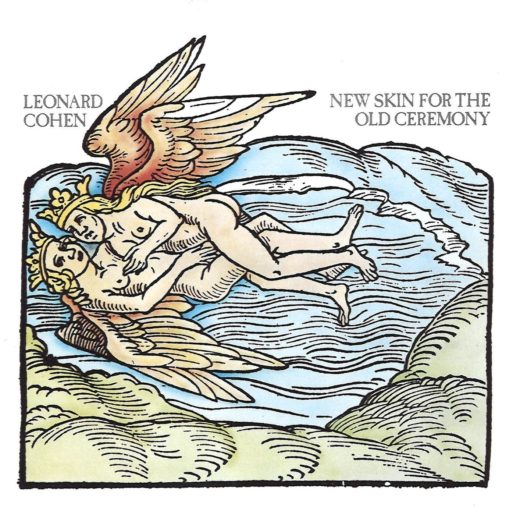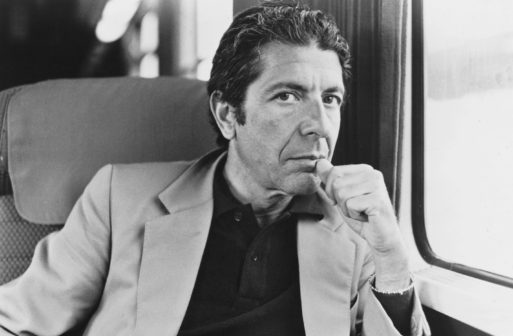
From the album, “New Skin for the Old Ceremony,” “Who By Fire” is one of Cohen’s most spiritually connected songs
Leonard Cohen spent a career lending his poetic sensibilities to the subjects of death, life and the hereafter. Some of his songs memorialize real figures, such as “It Seems So Long Ago Nancy,” which commemorates a friend and Montreal native who died by suicide. Others were more abstract or at least focused on fictionalized characters, such as those in “A Bunch of Lonesome Heroes,” who want to share their stories before they “turn into gold.”
His later work and relationship with death grew more prominent as he approached the end of his life, even famously saying he was “ready to die” in a New Yorker profile in 2016. If you were to blindly pick a random record from his discography, you would be able to find at least one interpretation of the lyrics that claims Cohen was ruminating on mortality. However, you’d be lucky to land on “Who By Fire” off his 1974 release “New Skin for the Old Ceremony.”
The title of the album itself evokes the cyclical nature of life, as new creatures are born and begin the journey everyone must embark on towards the end. “Who By Fire” is more direct, packing imagery of various demises into the song’s tight 2:32 runtime. The title is a reference to the “Un’taneh Tokef Kedushat Hayom,” a Hebrew prayer chanted on Yom Kippur. The prayer is said to have been written by a Rabbi dying from his wounds after he was put to death for his unwillingness to convert.
Where Un’taneh details causes of death typical for Holy Texts (stoning, plague, flood), Cohen’s bounces between times, asking “who by high ordeal” — a form of trial in the medieval period such as trial by combat — before switching to modern parlance in the next stanza:
“Who in her lonely slip, who by barbiturate?”
Blending these methods indicates the timelessness and ubiquity of death throughout history.

Cohen frequently touched on death and spirituality in his music, especially as he neared the end of his life.
Cohen’s update fuses his spirituality with his own doubts about the afterlife. The line “Who shall I say is calling?” punctuates each verse as if Cohen is asking if there is a higher power deciding who lives and who dies. For someone who questioned mortality as much as he did until that point, incorporating beliefs and themes from religions around the world, it would make sense for him to wonder aloud in this modernized prayer.
The minimalist guitar combined with eerie female backing vocals create a chanting effect, adding to the liturgical bent of the song. The absence of a chorus also creates moments of pause and reflection in addition to the 30-second instrumental outro that slowly fades away at the conclusion.
“Who By Fire” is rife with references, from medieval practices to Judaism to contemporaries such as Joan Baez. It’s to the point where one needs a red pen and Google open in a new tab to wring the full meaning from the tune. With his masterful songwriting and early folk instrumentals, Cohen weaves these lyrics into a version of the Un’taneh that bears repeating (and listening) from the devout and atheistic alike.

 “Who By Fire” by Leonard Cohen
“Who By Fire” by Leonard Cohen


 National Donate Life Month Reminds Us To Give
National Donate Life Month Reminds Us To Give
 How Dare You Die Now!
How Dare You Die Now!
 Debating Medical Aid in Dying
Debating Medical Aid in Dying














